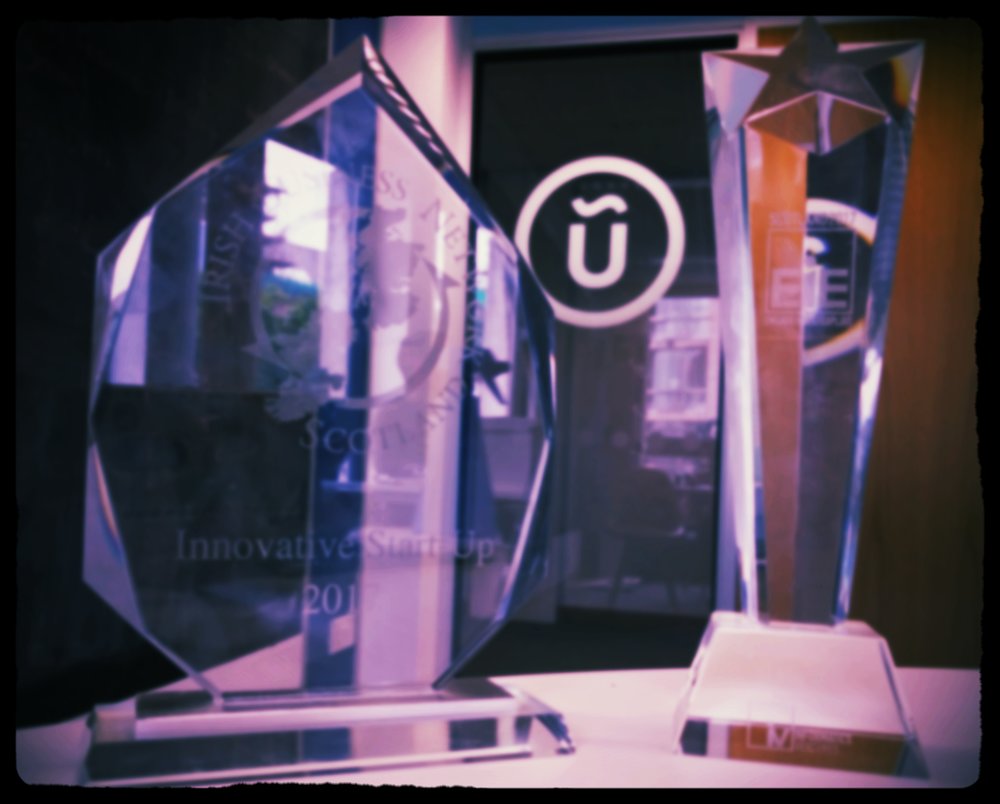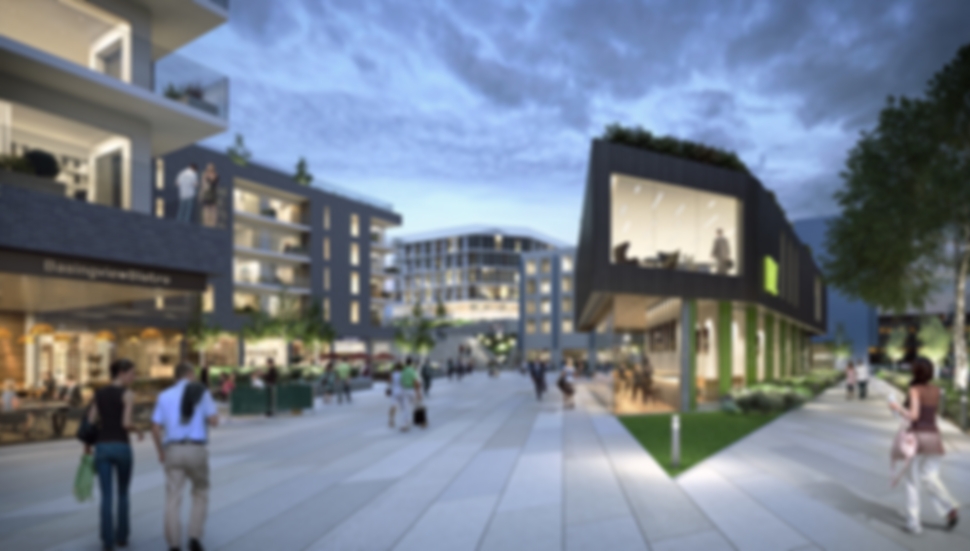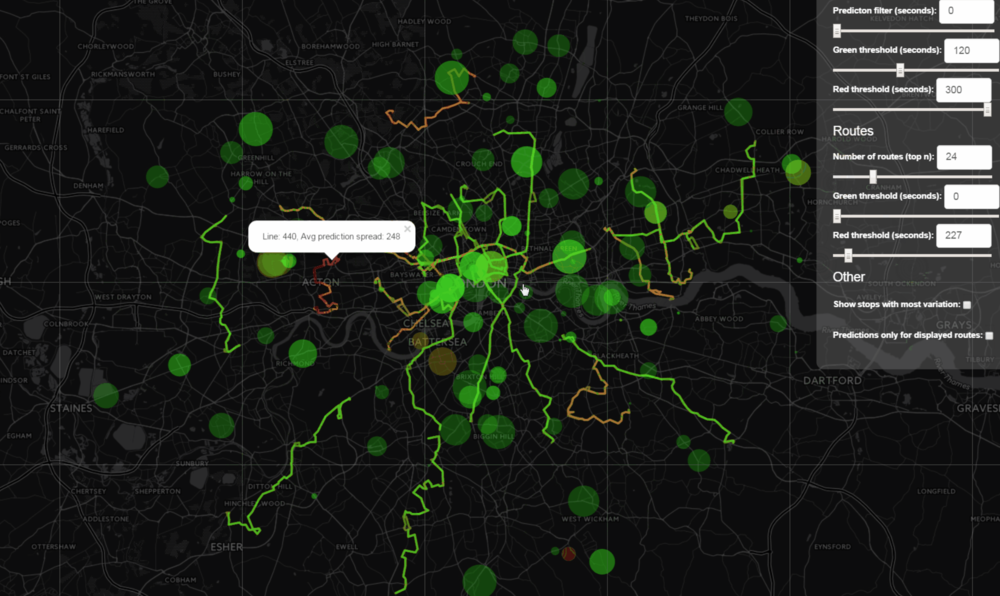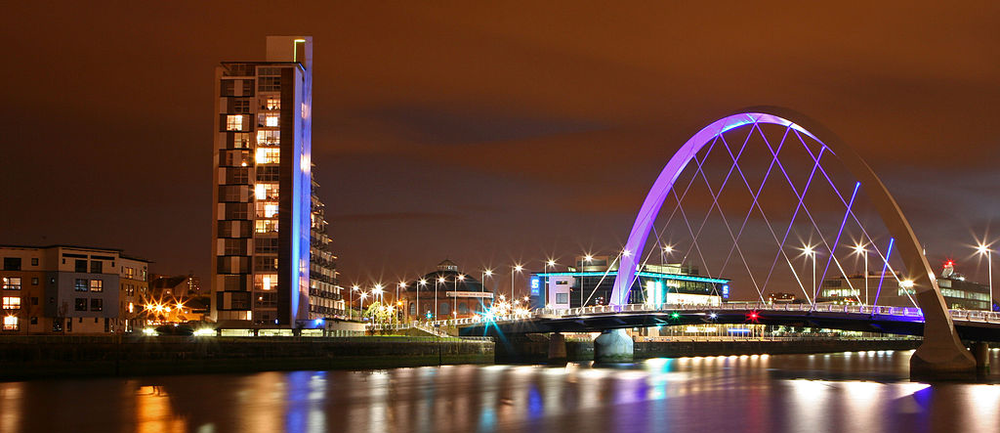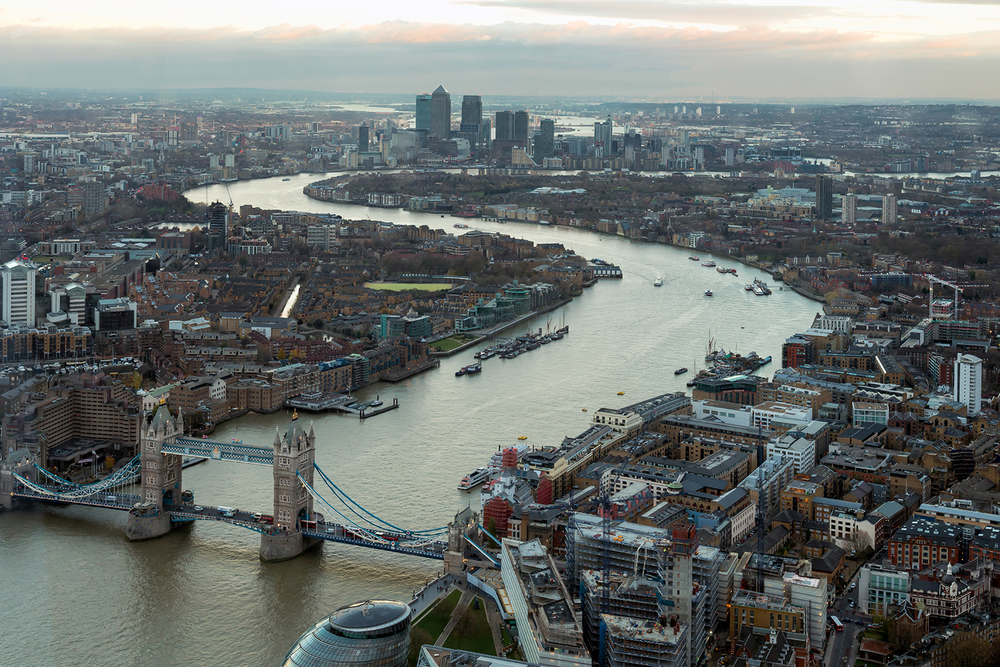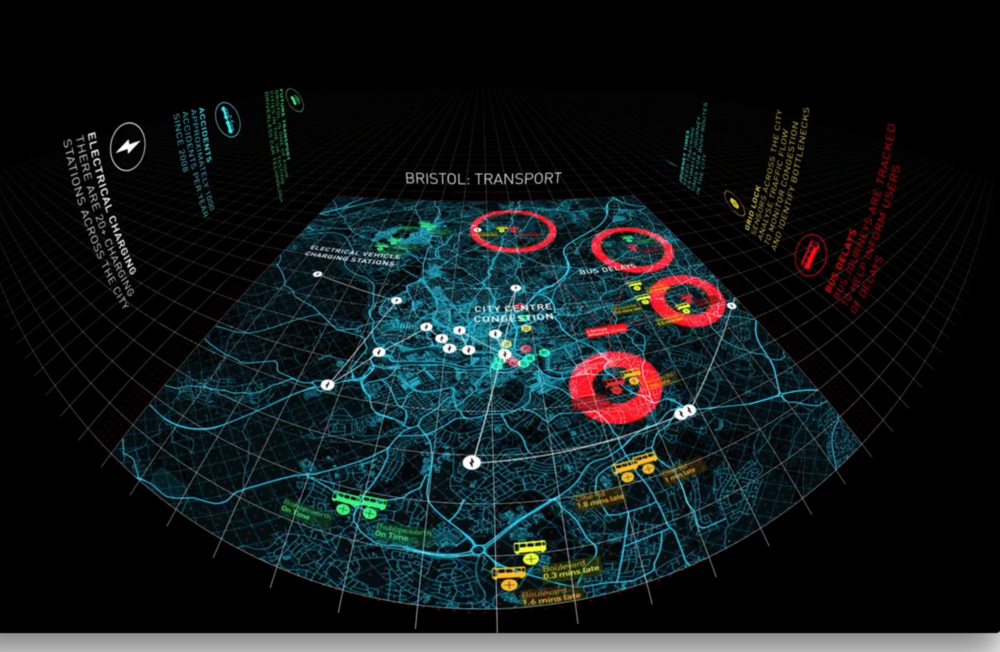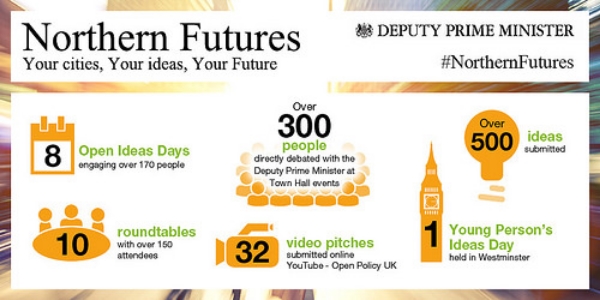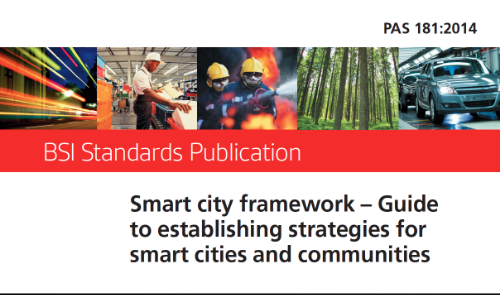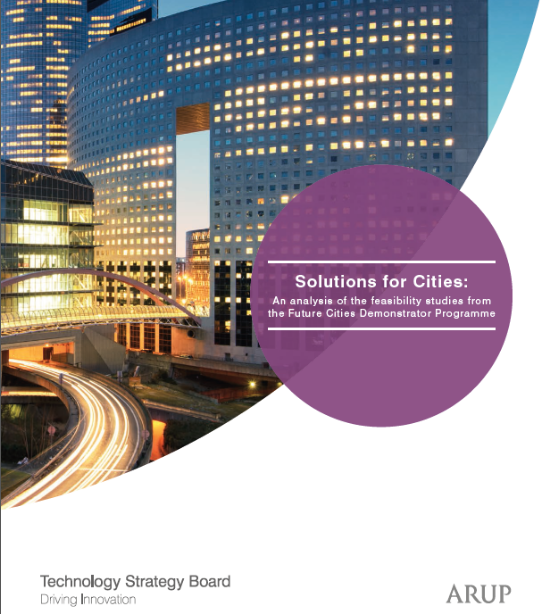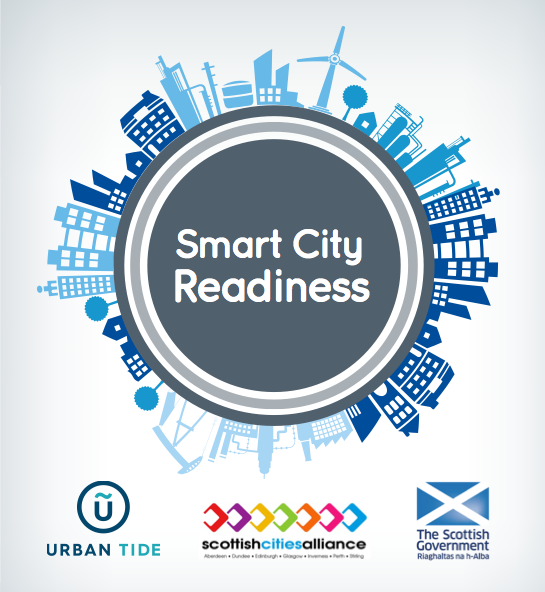Glasgow city centre regeneration - how smart can Glasgow be?
In 2013, Glasgow beat 50 other UK cities to win funding worth £24m from Innovate UK to explore innovative ways to use technology and data to make life in the city safer, smarter and more sustainable.
October 28, 2016

A couple of weeks ago we wrote about our work in the Glasgow City Centre Regeneration Frameworks Master Planning Project.
One of the aspects of our work is contributing to the project by supporting and highlighting the emerging smart cities standards and trends, gathering international smart cities examples and best practices and capturing existing smart cities projects within the city - both planned and in development. In the post you can read about how we intend to support and ensure that Glasgow realises the benefits from the ‘network effect’ as data, technology and people are joined together.
“The smart city can be defined as the integration of data and digital technologies into a strategic approach to sustainability, citizen well-being and economic development.”
— Scottish Government, 2014
Smart cities adopt a ‘system-of-systems’ approach to service delivery and develop collaborative service models to focus on shared outcomes across organisational boundaries. Smart cities make best use of data and digital technologies to invest in enhanced openness and transparency that promote citizen and business engagement in, and ownership of, service reform.
The prospect is of cities and their regions using data and digital technologies to manage urban congestion, maximise energy efficiency through smart grid technology, enhance public security and resilience, allocate scarce resources based on real-time evidence and turn operational data into insight, information and knowledge.
The smart cities concept is based on replicating this data process across multiple systems delivering exponentially greater benefits with fuller deployment across all service areas.
Glasgow’s Smart City Journey So Far
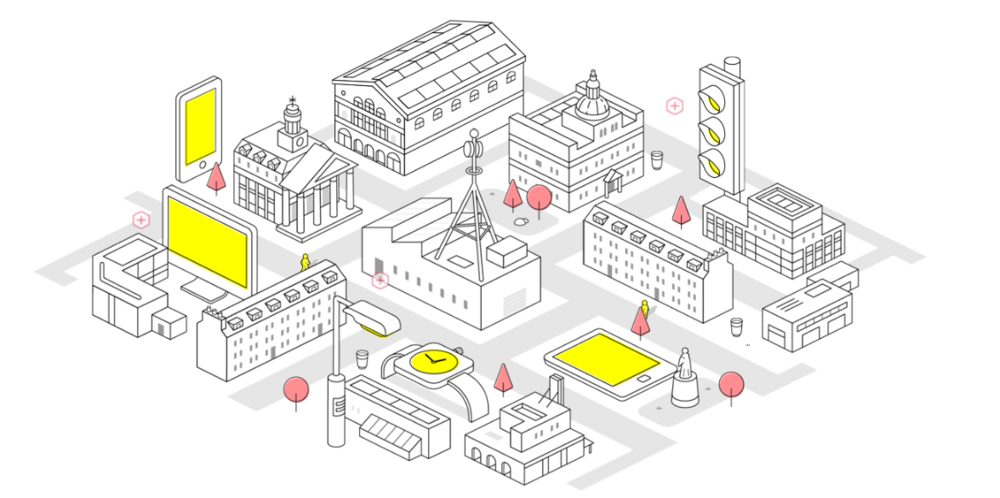
In 2013, Glasgow beat 50 other UK cities to win funding worth £24m from Innovate UK to explore innovative ways to use technology and data to make life in the city safer, smarter and more sustainable.
Over 18 months, Glasgow’s Future Cities Demonstrator developed a series of initiatives to showcase the exciting potential offered by smart city technology.
OPEN Glasgow
Cities and their citizens generate a huge amount of data that can be used in smart ways to achieve great things. Stepping boldly into the future, Glasgow developed an OPEN Data platform that allows the city and organisations to automate the publication of their data, allowing the data to be stored and making it available on a large scale so that it is easy to access data.glasgow.gov.uk; it helps make the publication of open data sustainable for everyone in the city and helps us to understand and shape Glasgow in new and surprising ways.
Glasgow Operations Centre
The Glasgow Operations Centre is a state-of-the-art, integrated traffic and public safety management system created with the help of Future City funding. By bringing together public CCTV, Glasgow Community Safety Services, Traffic Management Services and the Resilience and Safety Team, this centralised hub can assess and respond to situations large and small across the city. It also helped facilitate and safeguard the Glasgow 2014 Commonwealth Games.
Four Demonstrators to Help Show the Way
The Intelligent Street Lighting Demonstrator showed how the city can use smarter streetlights to improve lighting quality, reduce energy usage and make maintenance more efficient. The pilot scheme also collected useful data that could have a positive impact on the quality of life and public safety in the two test locations: Riverside Walkway and Gordon Street. Useful data collected was on noise detection, movement detection, air pollution detection and WiFi service.
The Active Travel Demonstrator showed how the city can be made friendlier for both cyclists and pedestrians and had the potential to inform strategies that could help Glasgow reach the Scottish Government's target of 10% of all journeys being completed by bike.
The Energy Efficiency Demonstrator showed how obtaining increasingly accurate information could help inspire ways to cut emissions, reduce overheads and address issues of fuel poverty. By creating a detailed, data-rich portrait of Glasgow’s consumption, it became possible to identify and act upon factors that change energy behaviours.
The Integrated Social Transport Demonstrator helped some of Glasgow’s most vulnerable citizens access social and educational services. Smart integration and route scheduling software will increase flexibility and responsiveness while also reducing operational costs and making it easier for the same transport to be used across various organisations.
See http://futurecity.glasgow.gov.uk/ for a detailed overview of all the projects.
How Smart Can Glasgow Be?
What are the opportunities?
The Future City Glasgow programme has provided a strong platform for Glasgow; it is already unlocking new projects and funding opportunities. We want to ensure that the significant benefits can be realised from the ‘network effect’ as data, technology and people are joined together. This exponentially magnifies the potential benefits, impact and value that can be delivered.
During the next stages of the (Y)our City Centre Project we will use our Smart Cities Maturity Model and Self-Assessment Tool to help identify and understand what smart projects are planned, commenced or an aspiration for the city centre districts.
The Smart Cities Maturity Model and Self-Assessment Tool draw on and adapt existing models and frameworks in this field and were developed with the Scottish Government and Scottish Cities Alliance to use with all seven Scottish cities. The Smart City Maturity Model and Self-Assessment Tool help cities understand their position on the journey towards ‘smart’ and are designed to walk cities through the process of clearly understanding current activity, identifying next steps and gaining an appreciation of the actions and resources required to realise their ambitions. Furthermore, the Smart City Maturity Model and Self-Assessment Tool support the development of business cases to unlock investment and resources required to realise and take advantage of the opportunities delivered by a ‘system-of-systems’ smart city approach.
Investment in digital technologies and improved data management alone will not deliver the smart city. Over time, cities need to consider the strategic intent, governance and service delivery models that exist together with their approaches to citizen and business engagement if they are to secure the maximum impact from their investments. The ultimate vision is of a smart city that strategically manages multiple systems at a city-wide level and through increased transparency, openness and shared accountability to create an innovation system that improves outcomes and enhances city competitiveness.
More
Unlocking Ireland's Data Potential: Navigating the Open Data Directive with UrbanTide
News

UrbanTide's Commitment to Security: Officially ISO 27001 Certified!
News

uZero was awarded the edie Net Zero Innovation of the Year: Software, Systems & Services Award
News

Tackling the growing fuel poverty crisis and supporting the Just Transition to net zero
News

Low Carbon Homes’ Home Upgrade Show: Innovations in Retrofit
News
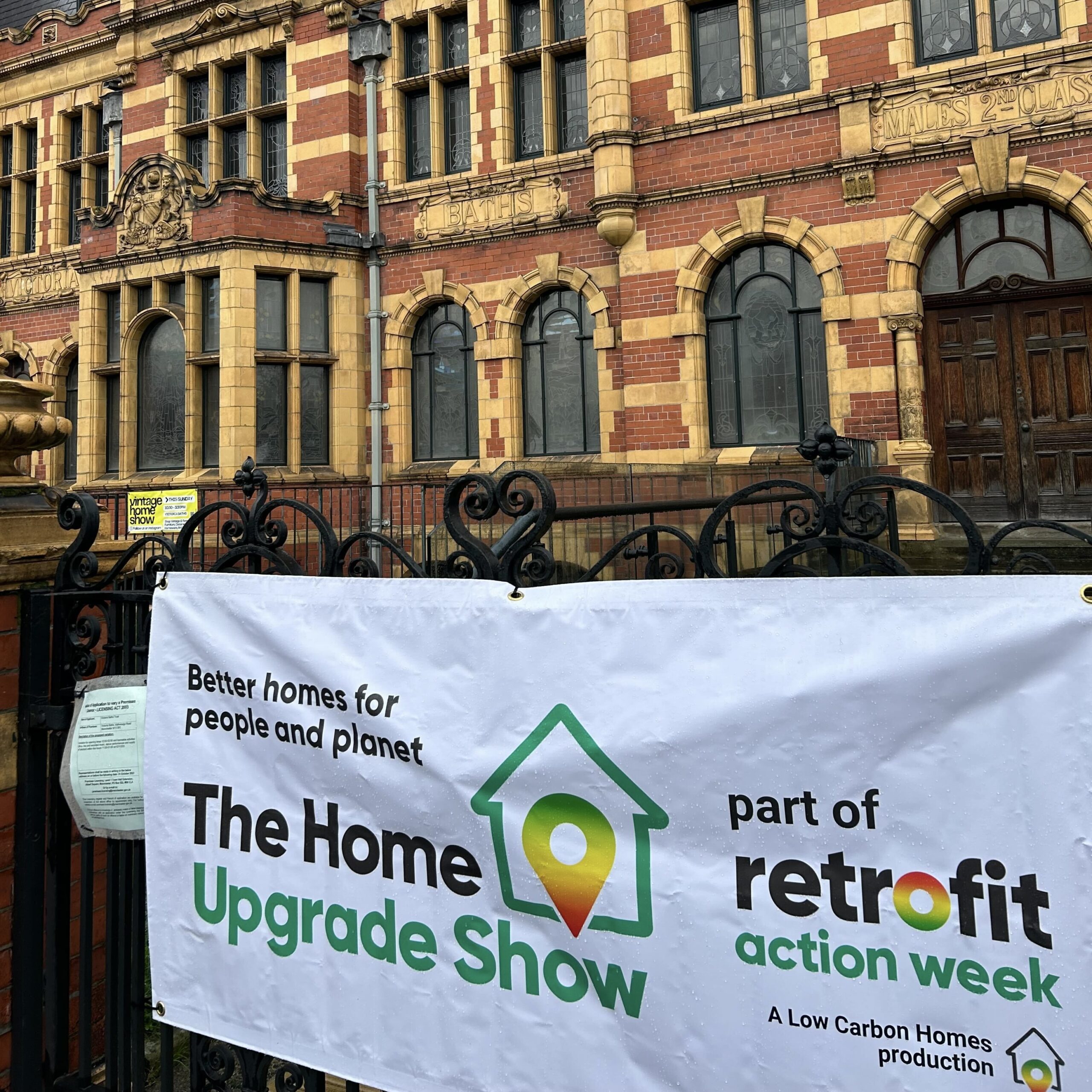
Data Integration and Collaboration are critical for the future of Transportation: Insights from JCT Symposium
News

uMove to support Bedfordshire Council to achieve ambitious sustainability plans
News

Active travel, the current challenges and solutions
News

Using the power of data to build cities of tomorrow
News
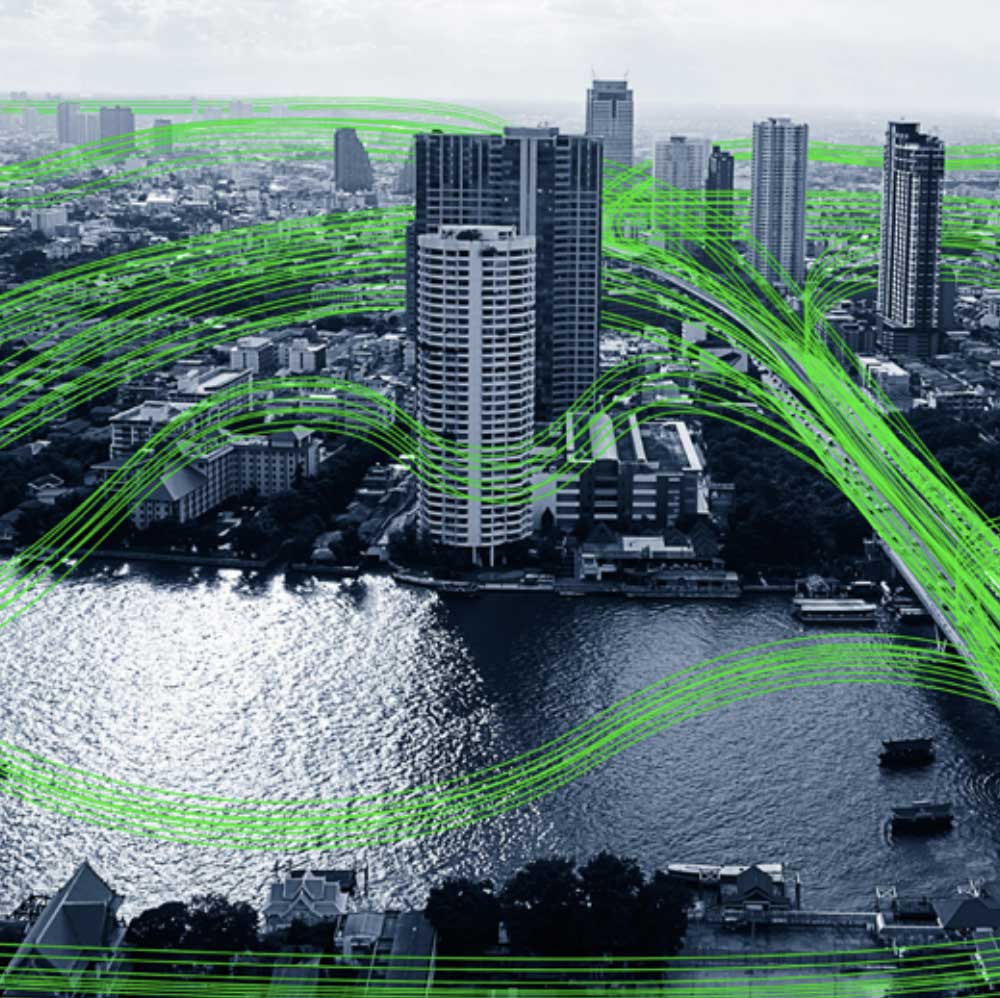
uMove supports the Smart Manuals for Streets programme from DfT
News

Scotland's Cycling Framework Makes Infrastructure Greatest Priority
News

Reducing emissions and improving health with active travel
Cycling Scotland

Targeting energy-efficiency campaigns to households most in need
Greater South East Net Zero Hub

Protecting an aging population from fuel poverty
Dartford Borough Council and Dover District Council

Identifying households eligible for energy grant support
The Wise Group

Facilitating active travel behavioural change with data
SEStran

Helping identify customers in or at risk of fuel poverty.
UK Power Networks
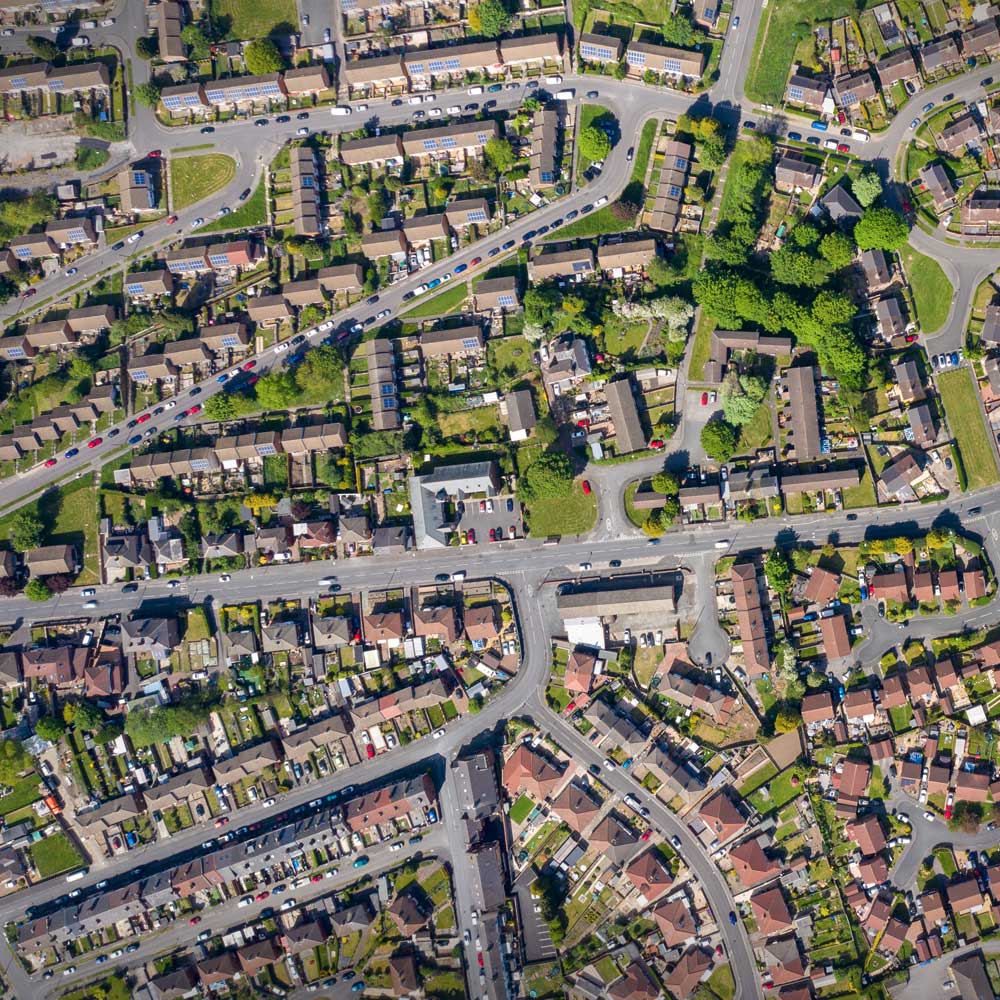
Open data promotes transparency, builds trust and empower citizens
Ireland Open Data Training

Identifying and unlocking new revenue from business rates with AI
North Lanarkshire

Tackling the growing
fuel poverty crisis with data and AI
UKRI
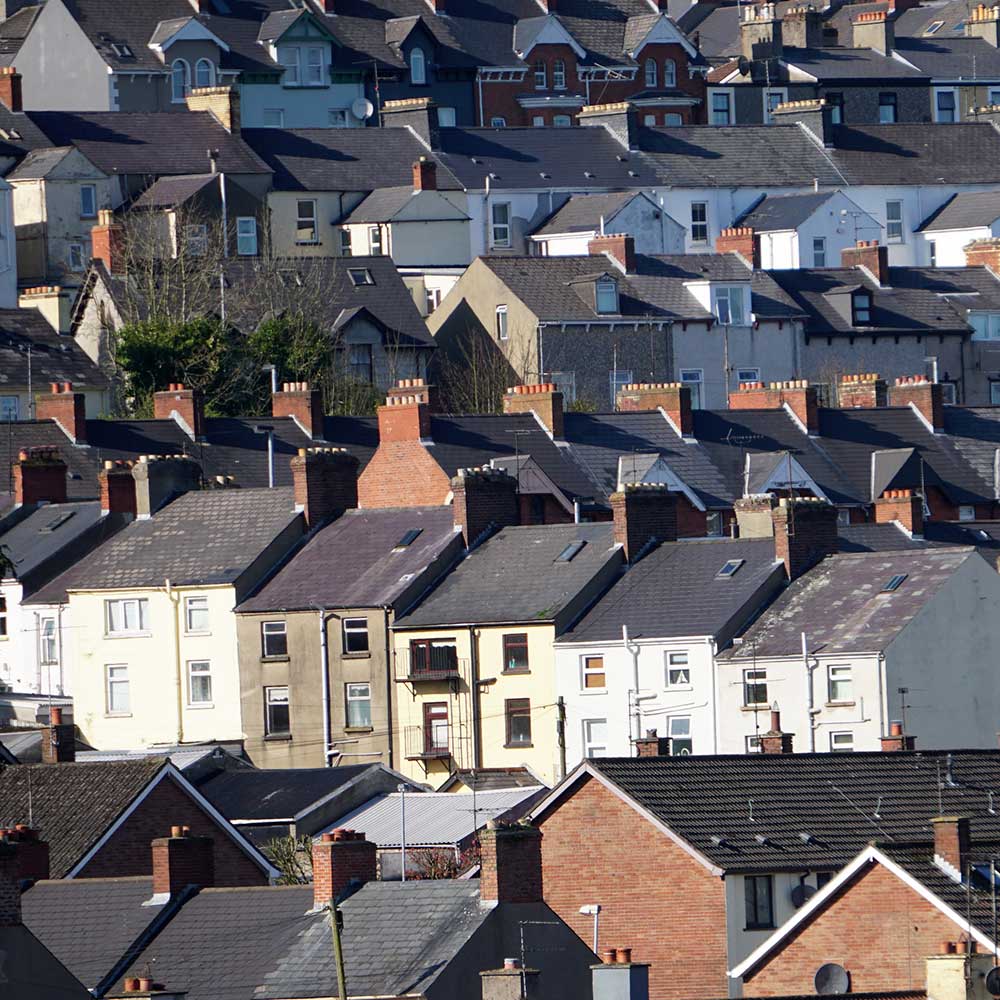
Understanding how we live and use our homes with real-time energy data
Smartline
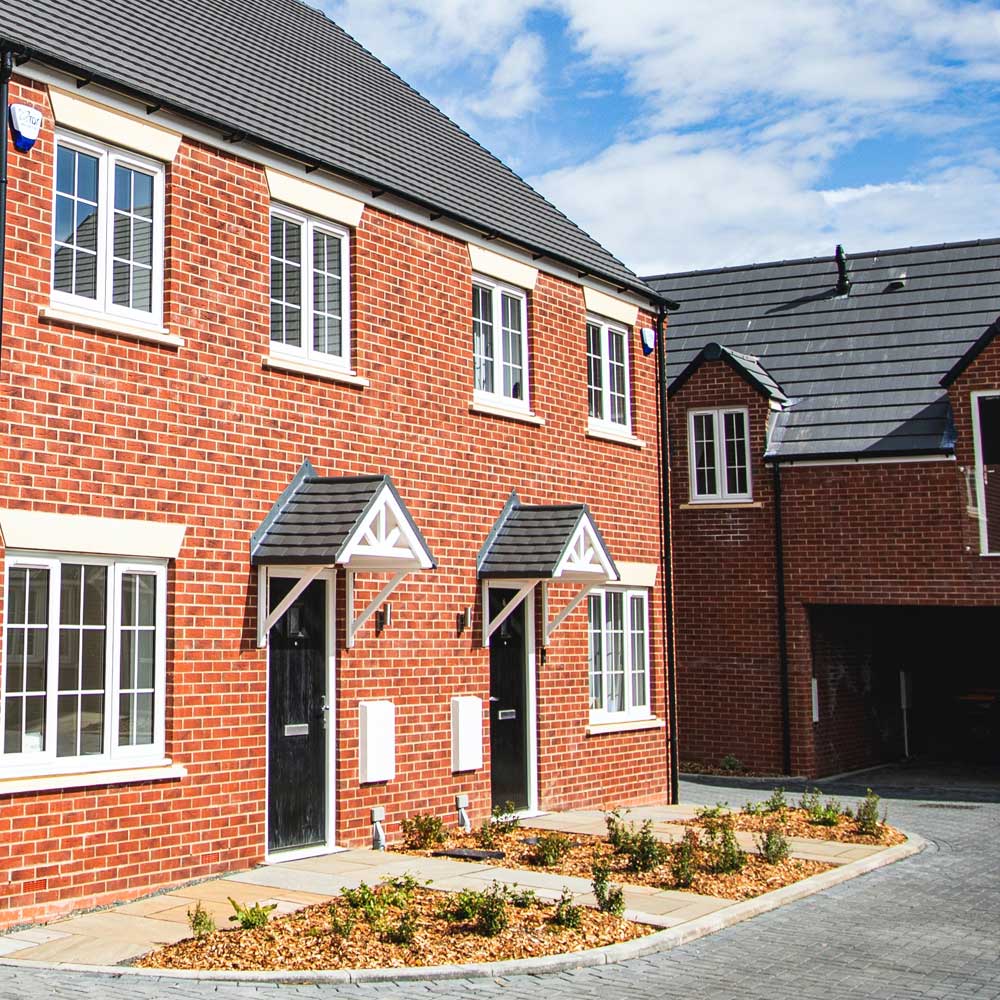
Managing the impact of noise pollution on our cities
Noiseability

Accelerating the transformation of the UK’s energy systems
Energy Systems Catapult
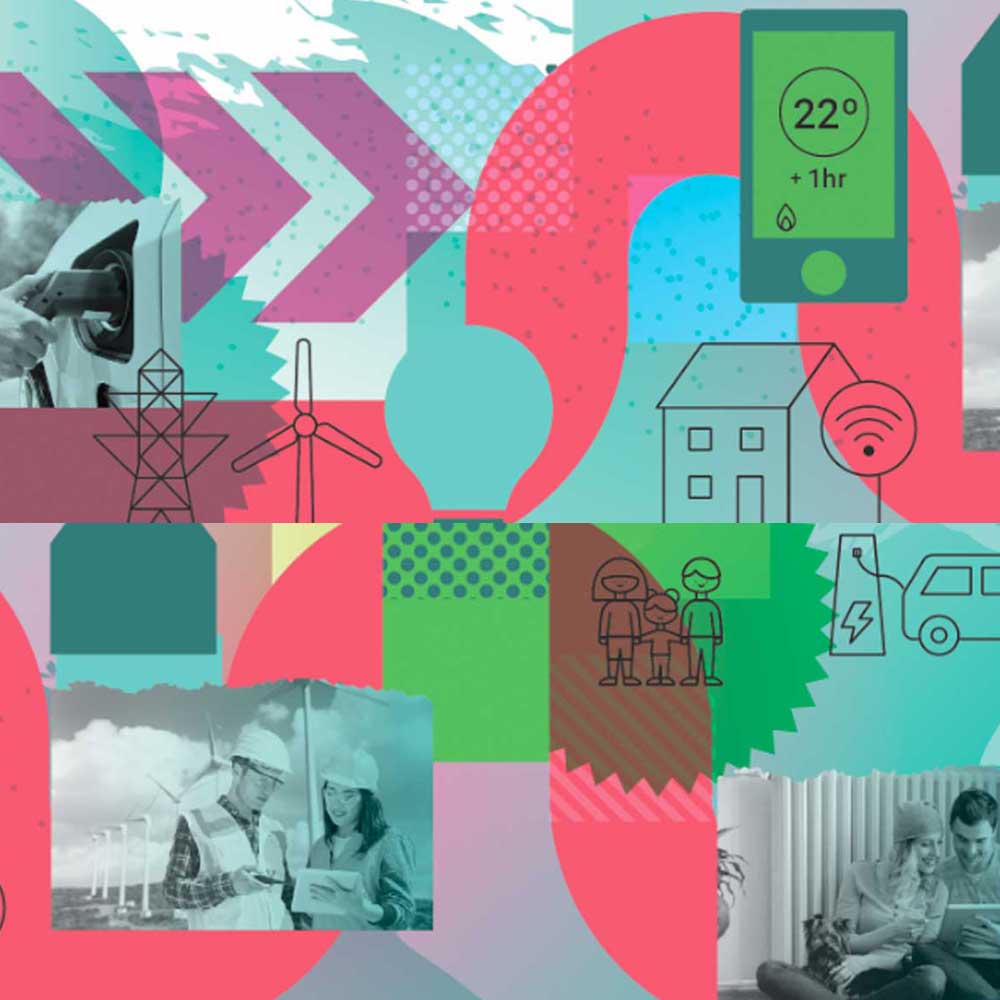
Creating an integrated, affordable low-carbon energy system of the future
ReFLEX Orkney
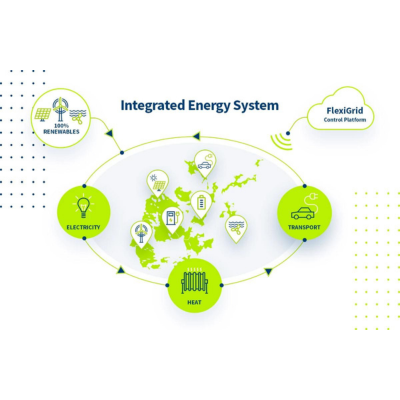
Investing in sustainable transport infrastructure to become carbon neutral
Somerset County Council

Identifying ageing households at risk of cold and damp home
Sunderland City Council

Innovate UK funding to help our Planet Centred approach to retrofitting Europe’s leakiest homes
News

Open data is now a legal requirement in Ireland and the EU
News

New ‘uZero’ Artificial Intelligence software could help millions with their fuel bills
News
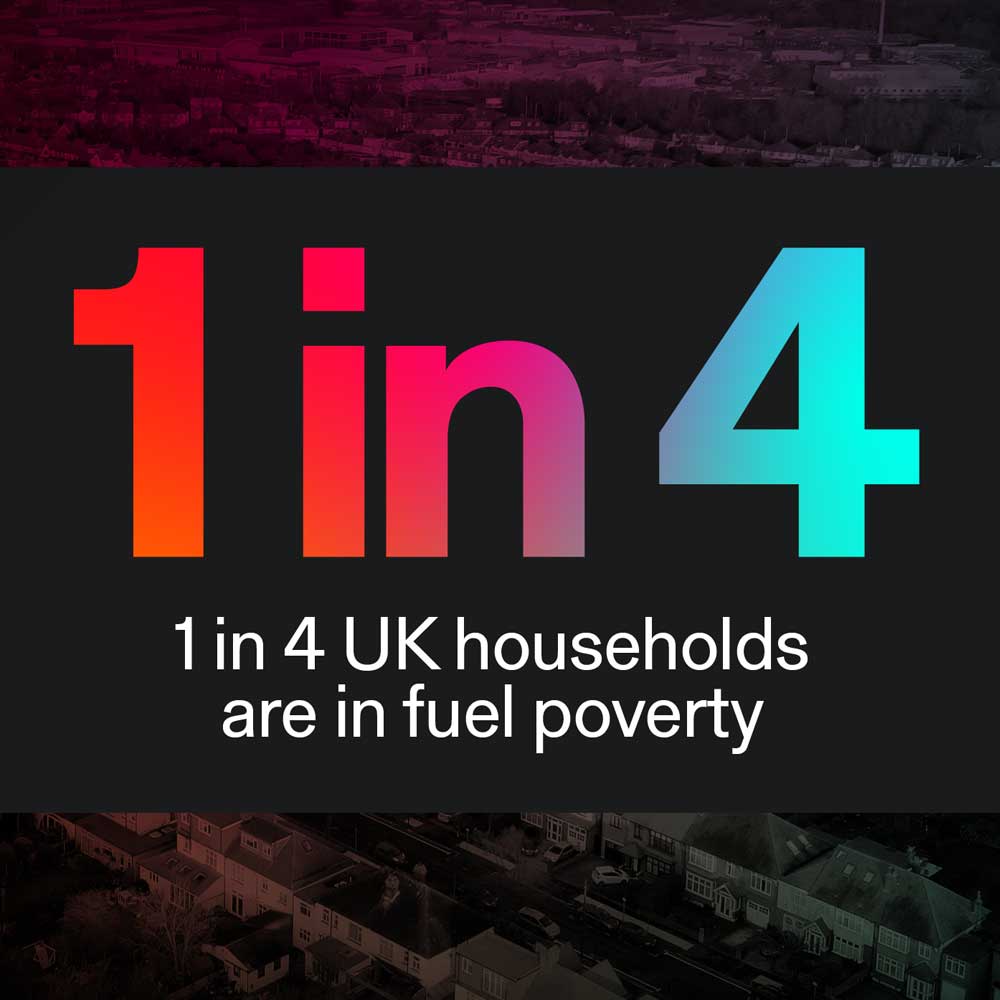
UrbanTide helps secure £48 million funding for Scottish Cities Alliance
News

UrbanTide leads £24 million program to make Glasgow a Future City
News
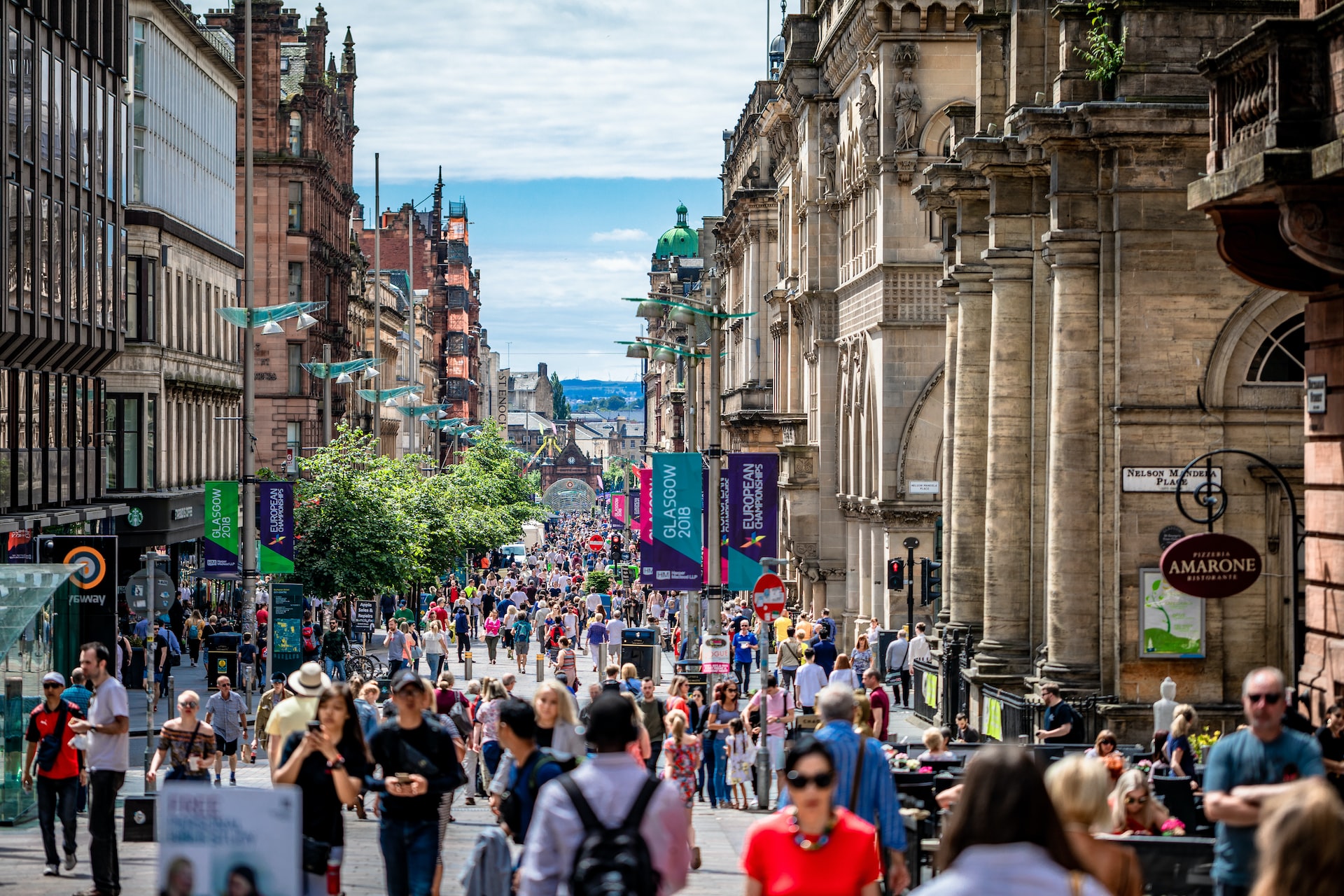
Building smart communities for OPEN Glasgow Engagement Programme
News
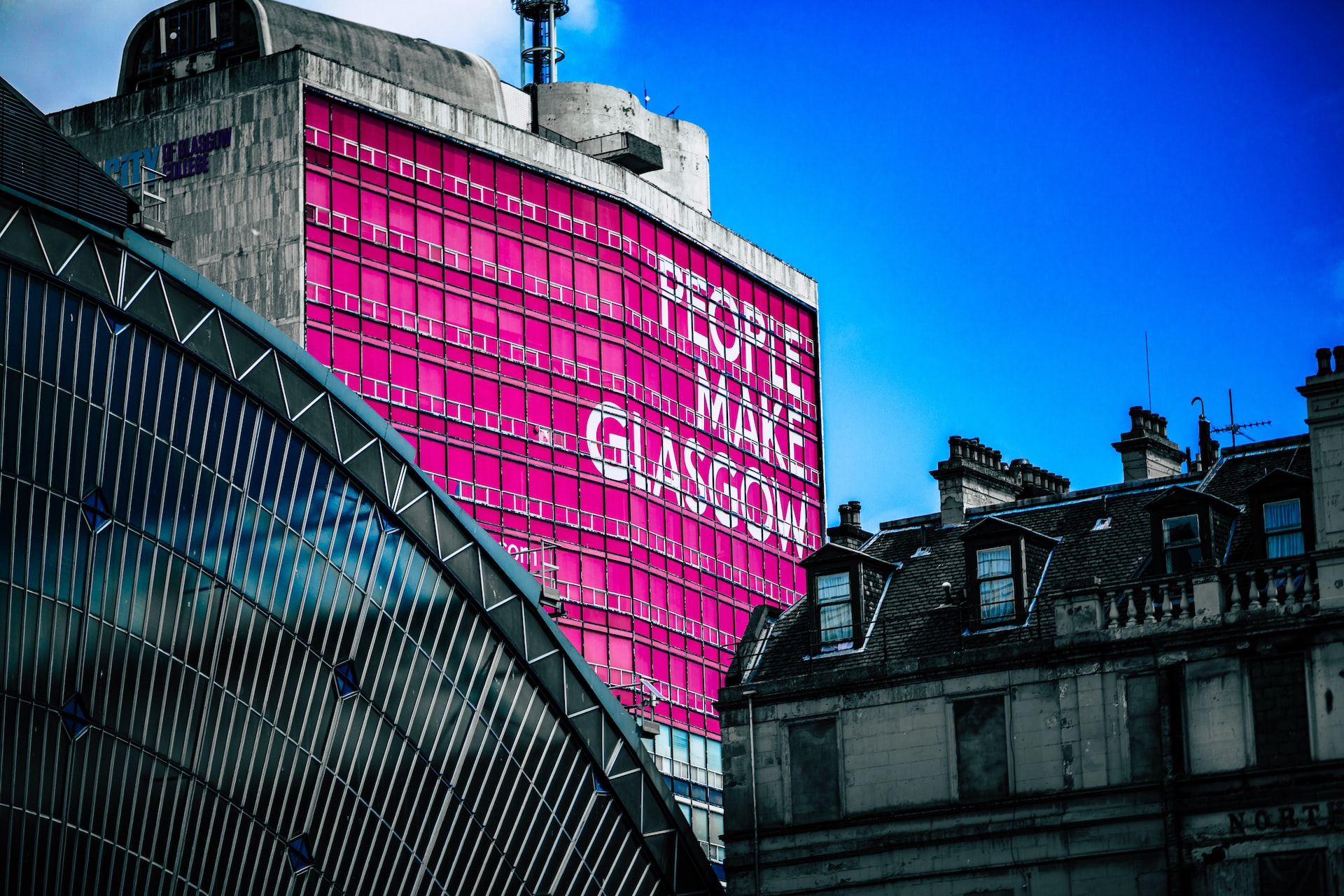
UrbanTide launches IoT data insights platform, uSmart
News
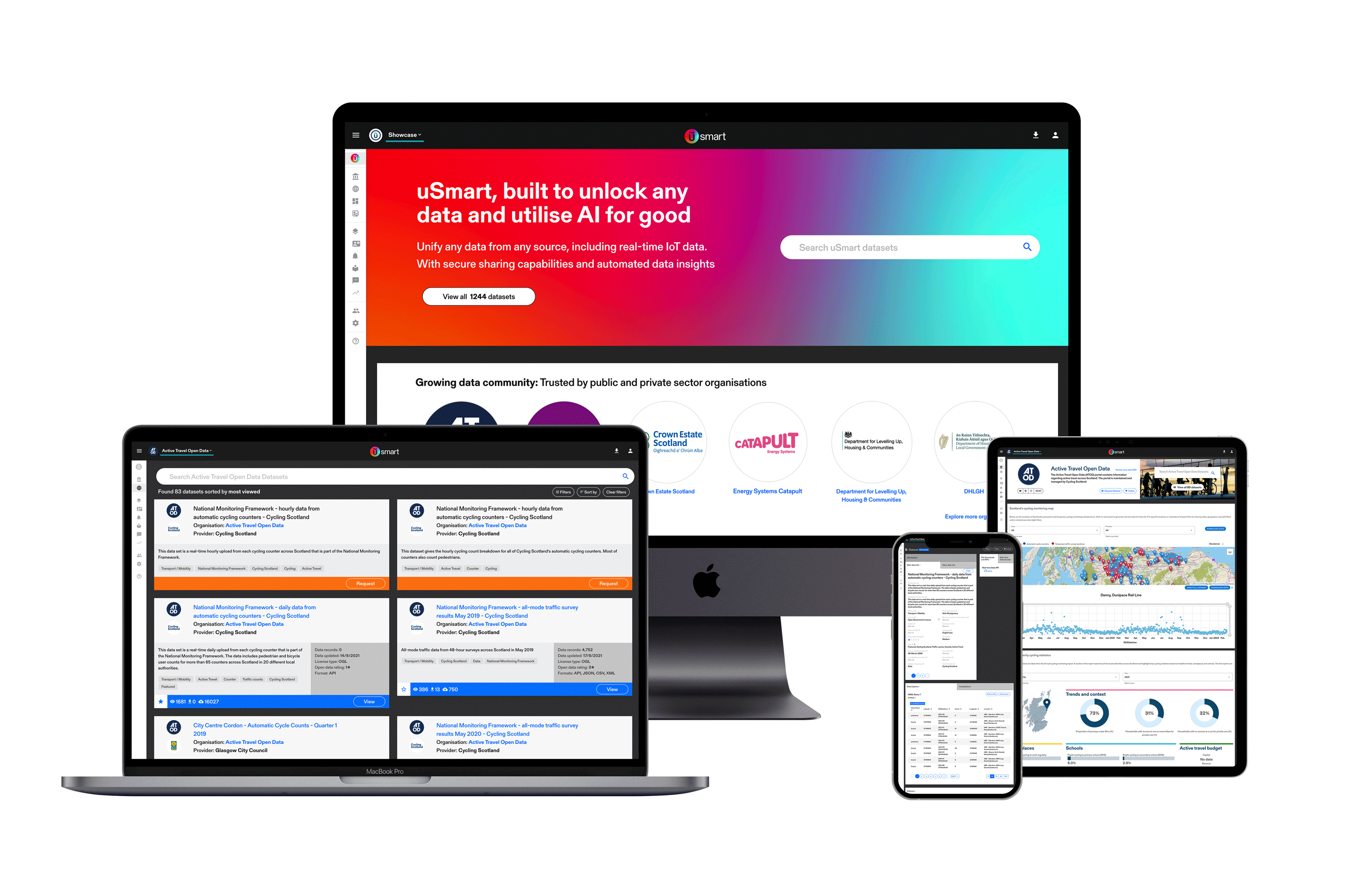
uZero announced as UKRI MEDA competition winner
News

Social Connect is a unique UK Power Networks (UKPN) innovation project
News

UrbanTide announces partnership with Energy Systems Catapult
News

UrbanTide marks four years of Open Data training in Ireland
News

Noisability: UrbanTide wins major bid as part of SynchroniCity program
News

UrbanTide joins prestigious Artificial Intelligence accelerator
News

UrbanTide recognised at ScotlandIS Digital Technology Awards
News

ODI publishes case studies that show how open data can be used in service redesign
News

UrbanTide teams up with North Lanarkshire Council to make better services with data
News

UrbanTide, Snook and North Lanarkshire Council announced as finalists for the 2018 Digital Technology Awards
News

Innovative smart communities IoT project powered by USMART
News
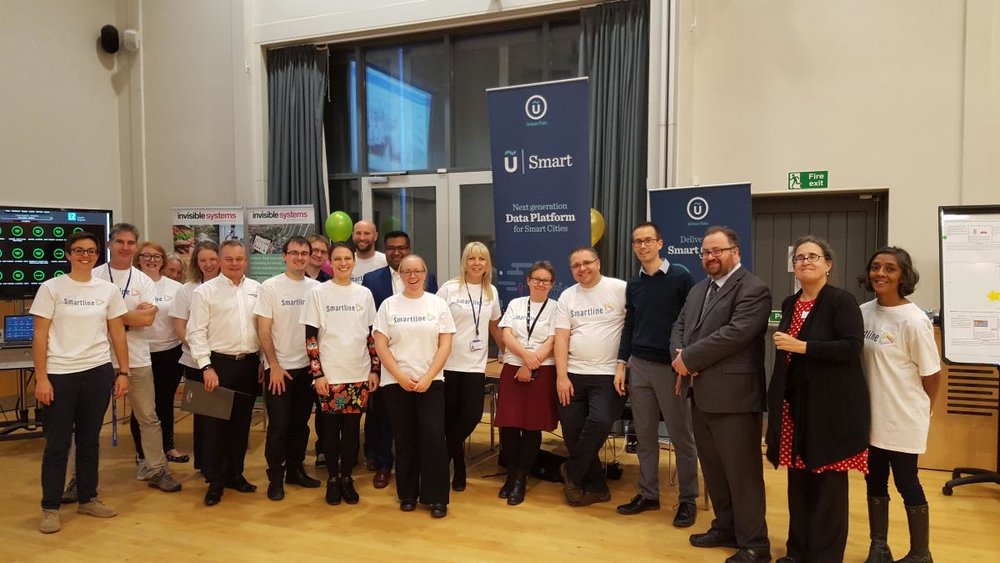
The Power of Data Science in the Health and Care Sector
News
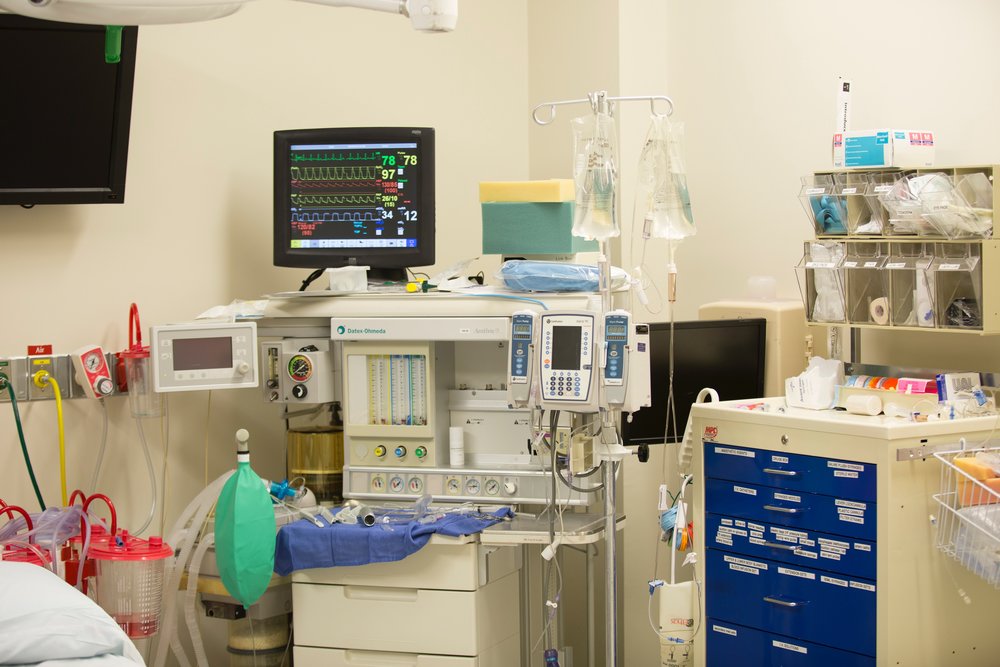
UrbanTide to help transform Ireland by unlocking the power of open data
News

Stay ahead of the curve by learning more about these new smart cities standards
News

#DataFest17 - 12 key lessons we learned about smart cities, communities and the future of data
News
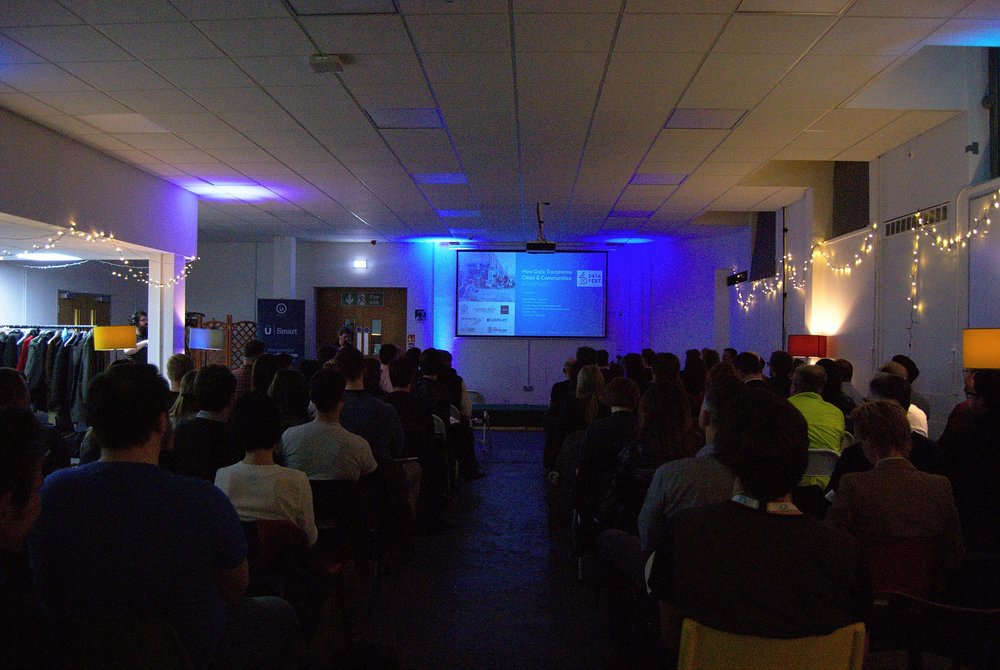
Emerging ideas for a renewed (Y)Our Glasgow City Centre
News
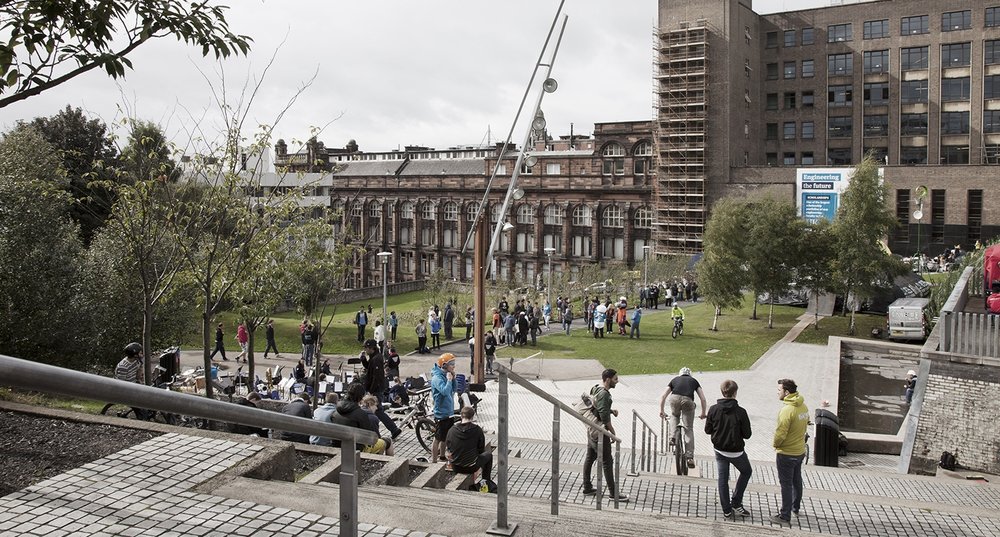
Future Health Hack - building the future of healthcare one line of code at a time
News
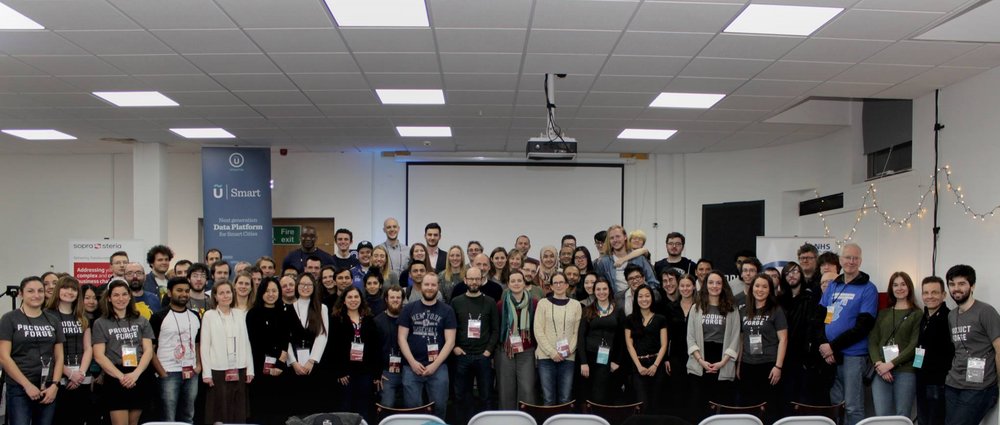
Meet our API Data Explorer – aka your new best friend if you are working with big data
News

Car parks ‘extinct’ in smart cities of the future?
News

3 awesome USMART features - with more coming soon!
News

Data scientists and USMART: a match made in heaven
News

We are now Regional Supporters of Open Data Impact Map
News

Next generation open data platform looking for beta testers!
News

Glasgow city centre regeneration - how smart can Glasgow be?
News

Open data - is the open private sector the next frontier?
News

Open data everywhere! Review of open data maturity in Europe, UK and Scotland
News

Feedback from our year delivering open data training for Scottish Government
News

Announcing our new open data training programme
News

Glasgow City Centre District Regeneration Frameworks
News

Metadata and metadata standards- reflections from our Chief Operational Officer
News

All about our Smart Cities Maturity Self-Assessment Tool
News

Open data training for Scotland's public sector
News

Engage - invest – Exploit (EiE) or Enjoyable - interactive - Experience (EiE)
News

UrbanTide and India: 5 Lesson's Learned from Simon's Trip to the Subcontinent
News

Cisco and the Smart Cities Council: 4 Messages from America...
News
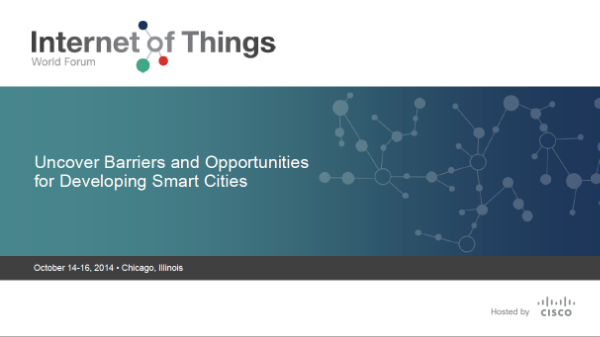
Edinburgh continues to iterate, and then iterate again
News

Start your journey
Take a look at our product page to find out which UrbanTide AI tool has been designed for your needs.
Find out how we can support your data and AI projects and see our growing AI portfolio in action.



